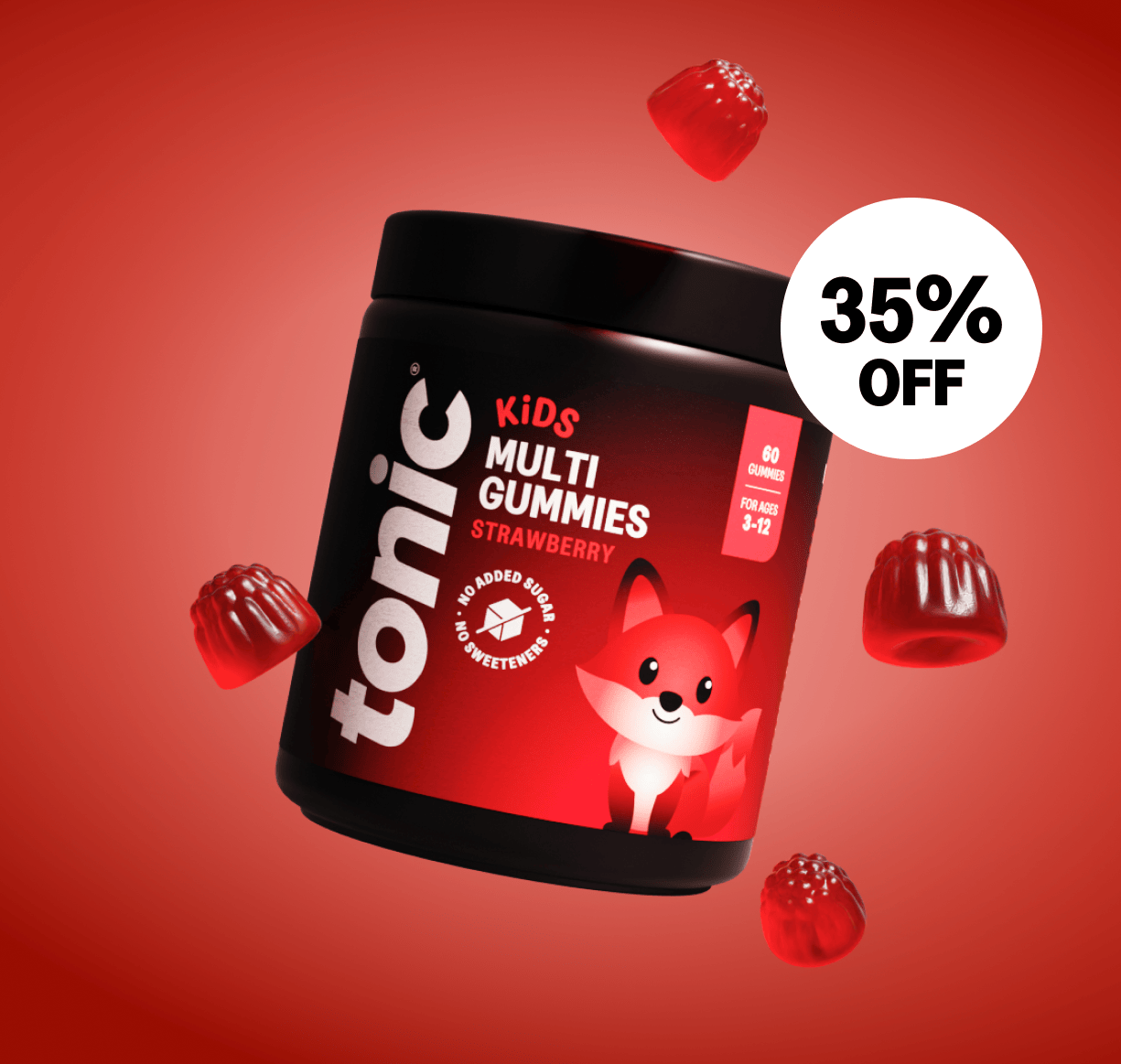Natalie Louise Burrows, Nutritionist and Clinic Director at Integral Wellness
Marathon season is in full swing, and whether you’re a seasoned marathon runner or this is your first year to complete the 26.2-mile distance, your body will need some TLC before and after the race.
How we prepare and recover from endurance sports is vital to support energy production, so you don’t hit that wall - or bonk, as some call it. But it’s also important if you want to help reduce the risk of injury, maintain healthy bones and muscles, and avoid upsetting your digestive system too much.
Yes, a long-distance run is not just a mind and muscle game; it can wreak havoc on your gut, too! (It’s often known as runner’s stomach.)
So here’s our quick-fire tips to help you before and after your marathon run this season.
Before your marathon:
1. Fuel properly
In the weeks leading up to race day, make carbohydrate-rich meals a cornerstone of your nutrition. Carbs are a source of glucose, which gets stored as glycogen in your muscles and liver - your body’s most efficient source of energy during long runs.
Consider options such as oats, brown rice, sweet potatoes, quinoa, whole-grain pasta, bananas, berries, and dried fruits for healthy snacks.
2. Sleep well
Quality sleep is your secret training weapon (and a daily life weapon). It’s when your muscles recover, your immune system strengthens, and your brain consolidates new skills.
Aim for 7-9 hours of sleep per night, and be more strict about limiting screen time and caffeine intake, especially later in the day. This is even more important in the run-up to the day and as you taper off your training.
3. Get properly hydrated
Hydrating with water is one thing, but hydrating with electrolytes is another. Electrolytes (including sodium, potassium, and calcium) are essential during long runs when you sweat more and want to avoid bathroom breaks.
Coconut water, bananas, avocados, strawberries, spinach and kale, yoghurt and bone broth are all natural sources of the electrolyte minerals. You can also opt for an electrolyte supplement (check to avoid those with added sugar and sweeteners) or make your own with lemon or lime, cucumber and a pinch of Himalayan salt.
After your marathon:
1. Refuel in a timely manner
Your body is ready for nutrients within 30-60 minutes of completing your run. Aim for a balanced meal or snack that combines carbohydrates, protein, and hydration. However, be gentle with your choices; your body won’t want to work hard digesting heavy foods just yet. Remember that your gut may be impacted by running (and you may have felt it).
Consider a smoothie with protein powder, banana, oats, and milk, or a chicken and whole-grain rice bowl with veggies (maybe in a miso soup or bone broth like a Pho bowl), accompanied by a natural electrolyte-rich drink, such as coconut water, alongside your meal.
2. Prioritise protein and anti-inflammatory food
You’ll likely feel sore in the coming days, which is normal, considering you just ran 26.2 miles. You can support recovery by incorporating foods that help alleviate inflammation and promote healing.
Favourites include berries, cherries, leafy greens, nuts and seeds, oily fish (such as salmon, mackerel, or sardines), and herbs and spices like turmeric, ginger, cinnamon, rosemary, and oregano.
Additionally, maintain a high protein intake to support muscle recovery: turkey, chicken, fish (especially oily varieties if available), seafood, tofu, or tempeh.
Tip: 3g of leucine is needed to repair muscles after exercise, so a good protein powder, BCAA, or additional supplement may be necessary.
3. Rest versus active rest
Recovery isn’t just physical—it’s mental too. It’s perfectly normal to feel emotional after a significant event, such as a marathon. It’s ok to take 3–7 days completely off structured training, prioritising sleep, nutrition and gentle movement, such as walking or yoga.
Some people find a short jog helpful in breaking down the lactic acid buildup, which can cause muscles to become stiff. As always, lean into how you feel and what you intuitively feel like you need. And most importantly, celebrate your achievement!
Important nutrients for runners
Aside from considering your before-and-after nutrition and lifestyle routines, specific nutrients may require a spotlight depending on your personal health and dietary preferences.
Iron: Carries oxygen in your blood and around your body. Low levels can leave you and your muscles feeling exhausted. Runners, especially women, vegans and vegetarians, are at greater risk of iron deficiency. Think lean red meat, lentils, dark leafy greens and pair with vitamin C-rich foods such as peppers, kiwis, citrus, berries and… green leafy veg (you’ll see the theme, here).
Magnesium: Helps regulate muscle and nerve function. Suffer from cramp? Magnesium and electrolytes are your friend! Plus, magnesium supports better sleep and energy production. Found in pumpkin seeds, dark chocolate, whole grains and leafy green vegetables.
Vitamin D: Supports bone and muscle health, immunity, gut healing, and vascular health. Everyone benefits from Vitamin D, and runners are no exception. As it’s only just come into spring, access to Vitamin D from the sun has been limited since last summer, so supplementing is needed (click here to test and note your results).
B Vitamins: Vital for converting food into usable energy, especially B12 and folate. Found in eggs, dairy, legumes, and… leafy greens!
Amino acids: Protein is vital to support healing and recovery when muscles have carried you so far! Animal proteins include meat, fish and dairy. Complete plant-based sources rely on soy in the forms of tofu, tempeh, and edamame beans.
Peppermint: Working as an antispasmodic, peppermint can help some runners settle their stomachs. However, be warned that if you suffer from reflux, it could backfire on that end, depending on what is causing your reflux.
With all this in mind - and in your routine - you’ll be better prepared for your best 26.2 miles. There’s nothing else to say other than to wish you the best of luck! Enjoy every mile and remember to thank your body for carrying you across the finish line!
—
Natalie Louise Burrows is a registered nutritional therapist (BANT, CNHC) and clinic director at Integral Wellness, a nutrition and health clinic specialising in cardio-metabolic health. Along with her clinic team of nutritionists, they help men and women regain their energy, control their cravings and avoid and reverse type 2 diabetes. They also address health conditions such as high blood pressure, high cholesterol, insulin resistance, fatty liver and heart disease, and weight challenges.






Leave a comment
All comments are moderated before being published.
This site is protected by hCaptcha and the hCaptcha Privacy Policy and Terms of Service apply.